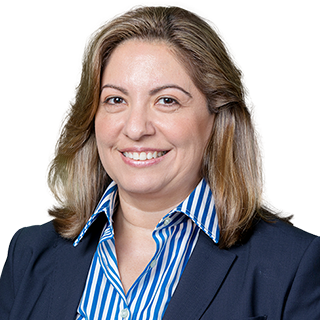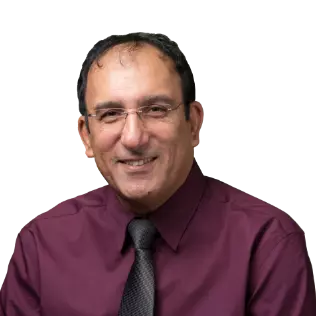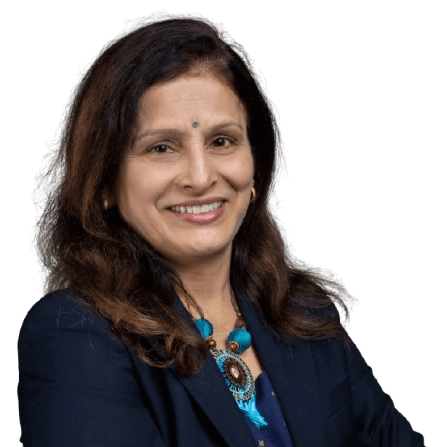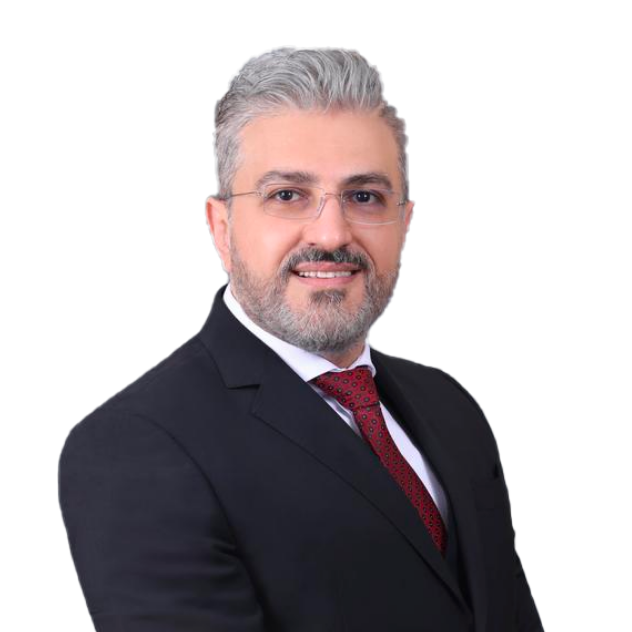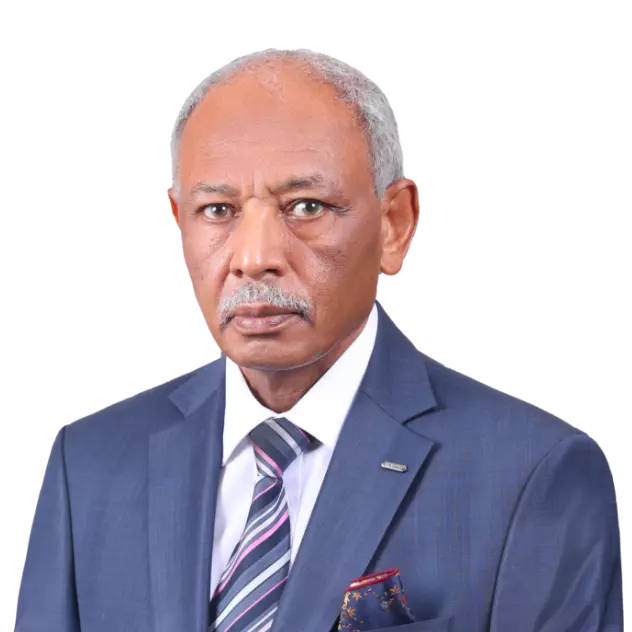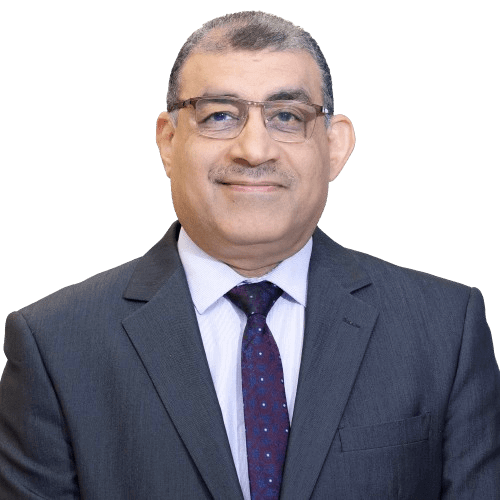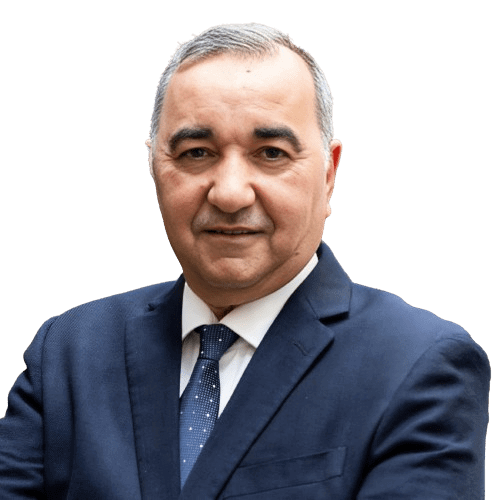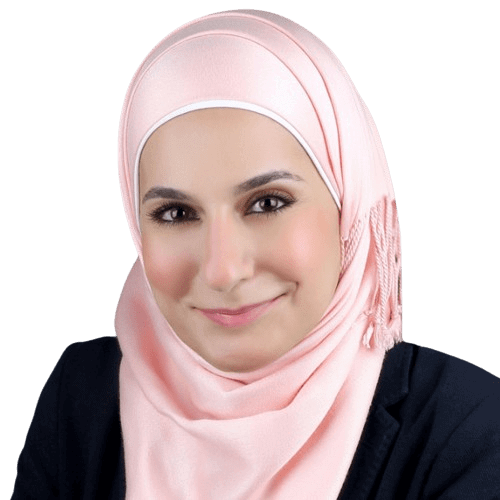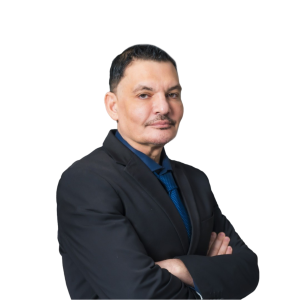Written By: Dr. Rita Daaboul
Dr. Rita Daaboul is a general surgeon educated in Australia. She has completed her MBBS from the University of Sydney, & is a fellow of The Royal Australasian College of Surgeons (FRACS) & a fellow of The Australasian College of Cosmetic Surgery (FACCS).
Updated On:December 20, 2023
Read more.
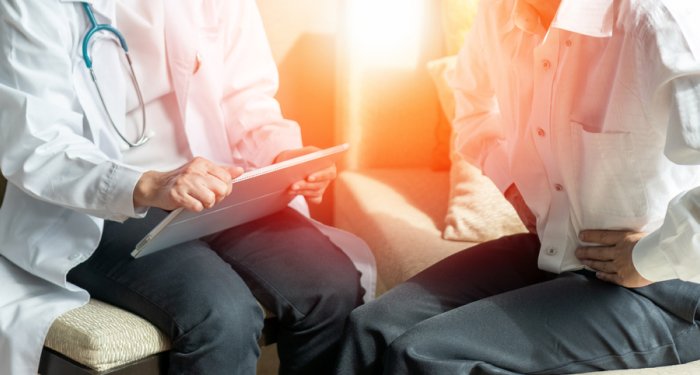
What are Piles?
Piles (hemorrhoids) are lumps that form just inside (in the lower rectum) & around the anus. Otherwise known as hemorrhoids, these painful, sensitive swollen veins are experienced by about half of all adults by the age of 50. External hemorrhoids (piles) are the most common form of the condition. While piles cause pain, severe itching, & difficulty sitting, they often get better on their own after a few days, & there are things you can do to treat & prevent piles.
Causes of Piles
Piles are swollen blood vessels. It’s believed they are caused by excess pressure & straining, although it remains unclear exactly what causes them, & some develop for no discernible reason.
Delaying bathroom visits – & straining while there – increases pressure, so is clearly a cause of hemorrhoids. However, there are many other things that make piles more likely:
Causes of Hemorrhoids:
- Chronic constipation
- Chronic diarrhoea
- Straining during bowel movements
- Sitting for long periods of time
- Pregnancy
- Heavy lifting
- Alcohol & certain foods
Symptoms of Piles
Hemorrhoids manifest with a number of common symptoms, whether internal or external. Not everyone has all the piles symptoms listed below, &, in fact, some people have them but don’t experience any symptoms at all. Piles are graded by medical professionals to assess the severity of the condition, from one to four.
Grade one piles are small swellings inside the anal canal. Grade two piles are internal, but larger, & might extrude from the anus when using the bathroom, but go back in again. Grade three piles are ones that you can feel – they hang slightly outside the anus, but can be pushed back in. Grade four hemorrhoids are the largest, permanently hanging from the anus, & can’t be pushed back in.
Signs & Symptoms of Hemorrhoids:
- Bright red blood after you pass stool.
- An itchy anus.
- Feeling like you still need to defecate after going to the bathroom.
- Slimy mucus in underwear or on toilet tissue after wiping your bottom.
- Lumps around the anus.
- Pain around the anus.
- Sensitivity & pain when sitting.
Piles may also be a secondary symptom of other diseases, such as chronic constipation, obesity, & high-stress lifestyles.
When to see a doctor for piles
Piles can be uncomfortable, and if the pain and itching does not subside after a few days or after OTC treatment with piles cream, call Medcare for an appointment. We can expertly guide you through the causes, symptoms and treatment of your hemorrhoids. If you experience pain, discomfort, itching or notice blood in the stool, make an appointment
Diagnosis of piles
Our doctors will usually diagnose piles only after carrying out a physical examination. Diagnosis will involve an examination of the anus.
You can expect to discuss the following:
- Do any close relatives have piles?
- Is there blood or mucus in stools?
- Have you experienced a recent weight loss?
- Have your bowel movements changed recently?
- What color are your stools?
Where piles are internal, a digital rectal examination might be performed, or examined with a proctoscope - a hollow tube with a light.
Colonoscopy – a full colon & rectal examination – may be prescribed if signs & symptoms suggest other digestive system diseases, or demonstrate risk factors for colorectal cancer.
Treatment of Piles (Hemorrhoids)
Piles treatment comes in many forms, & they are often successfully treated with some careful management of the condition – once professionally diagnosed – at home.
DO
- Drink plenty of fluids & eat plenty of fibre to keep stools soft.
- Use an ablution spray, bidet, or wipe your bottom with damp toilet paper.
- Take paracetamol or other mild painkillers.
- Sit on an ice pack wrapped in a towel to ease discomfort.
- Gently push a pile back inside.
- Keep your bottom clean & dry.
- Exercise regularly.
- Cut down on alcohol & caffeinated drinks to avoid constipation.
DON’T
- Do not wipe your bottom too hard after bowel movements.
- Do not ignore the urge to visit the bathroom.
- Do not push too hard when defecating.
- Do not take nonsteroidal anti-inflammatory drugs (NSAIDS) like ibuprofen when piles are bleeding.
- Do not spend more time than you need to on the toilet.
Medcare’s professional & discreet team is always on hand to discuss your medical complaints. Untreated piles can linger, & also be a signal of other digestive diseases, so give us a call today.
Lifestyle Changes
Effective treatment of piles can involve some fairly simple lifestyle changes. These include:
- Drinking plenty of fluids.
- A diet rich in fiber.
- Wearing loose-fitting, breathable cotton underwear & pants.
- Never forcing bowel movements.
- Engaging in a bathroom schedule.
- Taking a squatting position while having a bowel movement to make it easier.
Things to avoid when treating Piles
Commercial baby wipes or perfumed toilet papers - common in many households – are best avoided. Hemorrhoids are highly sensitive. Perfumes, deodorants & other chemicals may make piles symptoms worse.
Your doctor or pharmacist might suggest:
- Piles cream, lotion, spray or to ease pain, itching & swelling.
- Treatment to help constipation & soften stools.
- Cold packs to ease discomfort.
Hospital treatment for Piles
If you see & feel little improvement to the piles after treatment at home, hospital treatment may be recommended.
Talk to Medcare about the best treatment for you. While treatment does not always prevent piles coming back, we will ascertain the best course of action to get the piles treated as quickly & unobtrusively as possible.
Piles Treatment without Surgery
Common hospital treatments include:
- Rubber Band Ligation: A band is placed around the piles, making them drop off.
- Sclerotherapy: Injecting a liquid into the piles to shrink them.
- Electrotherapy: A gentle electric current is applied to piles shrinking them.
- Infrared Coagulation: An infrared light is used to cut the blood supply to piles to shrink them.
If these outpatient treatments do not work, you might need surgery.
Surgery for Piles
Surgical treatments include:
- Haemorrhoidectomy: the piles are cut out.
- Stapled Haemorrhoidopexy: A procedure where piles are stapled back inside your anus.
- Hemorrhoidal Artery Ligation: stitches are used to cut blood supply to piles, making them shrink.
Home Remedies for Piles
Piles treatment at home & over-the-counter treatment options come in many forms. Many treatments offer gentle relief from the pain & itching until they resolve on their own. Try the following treatments to help relieve the discomfort of hemorrhoids:
Warm Baths
A warm bath filled just enough to cover the legs may help to ease the swelling & reduce irritation caused by hemorrhoids. You can add other ingredients to the bath to help reduce piles symptoms, such as Epsom salts.
Witch Hazel
Be cautious about what is put on or near piles, as they can easily become more irritated. Some people have found applying witch hazel directly to external hemorrhoids brings relief.
Coconut Oil
Coconut oil, a natural moisturizer, may help with hemorrhoids. Applying coconut oil may reduce the irritation & swelling, & can also reduce the urge to scratch.
Aloe Vera
Aloe vera has an anti-inflammatory effect on the body & might provide relief from piles.
Ice packs
Placing towel-wrapped ice or a cold pack against piles when seated is a natural way to soothe the discomfort.
Risk Factors of Piles
While bowel movement problems – such as constipation - are the most common causes of hemorrhoids, certain lifestyle factors increase the risk of piles, both directly & indirectly, including:
- Poor hydration: Drinking less than eight glasses of water a day can lead to dehydration & constipation.
- Low-Fiber Diet: Fiber in the diet is essential to digestive health. Many of us simply don't get enough. A low fiber diet is one with less than 25 to 30 grams of fiber per day.
- Food Choices: What you eat can significantly increase the risk of constipation, which can lead to piles, so avoid unhealthy foods.
- Lack of Exercise: Being physically inactive can cause a general loss of muscle tone (including the anorectal muscles), and affect bowel movements.
Medical Causes
Hemorrhoids are common in many health conditions, including:
- Anal injuries
- Ascites (a build-up of fluid in the abdominal cavity)
- Inflammatory bowel diseases, including Crohn's disease or ulcerative colitis
- Obesity
- Rectal prolapse
As many of these conditions are serious, do not ignore hemorrhoids that are worsening, or failing to improve. While hemorrhoids can sometimes bleed, see your Medcare doctor if the bleeding is persistent & accompanied with abdominal pain, changes in bowel habits, bloody stools, or unexplained weight loss. This may be a sign of colon or rectal cancer, which require immediate attention.
Complications of Piles
While complications of hemorrhoids are rare, they may include:
- Strangulation: Arteries feeding fresh blood to the hemorrhoid can become blocked, preventing blood supply, & causing intense pain.
- Anemia: If hemorrhoids bleed too much, they can deprive red blood cells of oxygen, leading to headaches, tiredness, dizziness & shortness of breath, as the blood supply carries less oxygen around the body.
- Prolapse: Prolapsed hemorrhoids can cause pain when sitting or passing stool.
- Blood Clots: Blood clots cause pain & itching.
- Infection: Bacteria can get into bleeding hemorrhoids & infect the tissue. Untreated infections can cause serious complications, such as abscesses & fever.
Prevention of Piles
Piles can arise due to straining. Excessive straining is a result of constipation. Therefore, a change in diet can help keep the stools regular & soft.
What diet should I follow to prevent piles?
Do:
- Drink more fluids, especially water.
- Consume more fiber – at least 30 grams per day.
- Soluble fibre helps keep stool soft & minimize constipation by soaking up water as it passes through your system.
- Insoluble fibre helps keep bowel movements regular & moving through the digestive system.
- Concentrate on eating fruit & vegetables with every meal.
- Switch to high fibre or bran-based breakfast cereals.
- Switch to a plainer diet for a few weeks. Spicy foods hurt when passing, & exacerbate the pain.
- Swap out the white bread for multi-grain or dark rye.
- Lose the white rice & pasta, & try barley, brown & wild rice, bulgur wheat, quinoa or wholemeal pasta.
- Enjoy more lentils, nuts, seeds & beans – kidney beans contain roughly 25 grams of fibre for every 100g. Just 20 almonds contain around 3g of fiber.
Meet our doctors from the General Surgery department
|
||||||||
|
||||||||
|
||||||||
|
||||||||
|
||||||||
|
||||||||
|
||||||||
|
||||||||
|
||||||||
|
||||||||
|
||||||||
|
||||||||
|
||||||||
|
||||||||
|
||||||||
|
||||||||
|
||||||||
|
||||||||
|
||||||||
|
||||||||
|
||||||||
|
||||||||
|
||||||||
|
||||||||
|
||||||||
Similar Posts
teleMEDCARE App
Download teleMEDCARE app from Google Play or App Store to connect immediately to Medcare doctors at a click of a button and without an appointment.

Home Services
We offer our patients a broad range of home health care services in the comfort of their own homes. Book an appointment for lab tests, vaccinations, nurses and physiotherapists.

Chronic Care
Know more about our Chronic Care Management Programme in partnership with Damana Saicohealth.

teleMEDCARE App mobile
Download teleMEDCARE app from Google Play or App Store to connect immediately to Medcare doctors at a click of a button and without an appointment.

Home Services
We offer our patients a broad range of home health care services in the comfort of their own homes. Book an appointment for lab tests, vaccinations, nurses and physiotherapists.

Spotii
We have partnered with Spotii to offer a more flexible way to pay - Pay over time for your purchase. No interest, no cost & no catch.

